Go prepared and you’ll minimise the risk to yourself – and maximize your chances of spending your trip in comfort.
With that in mind, here’s our list of lightweight gear to take with you if you are heading off for a backpacking trip to the UK countryside this summer.
While you're packing, it helps to spread out a blanket or a groundsheet, and lay out everything you need on it.
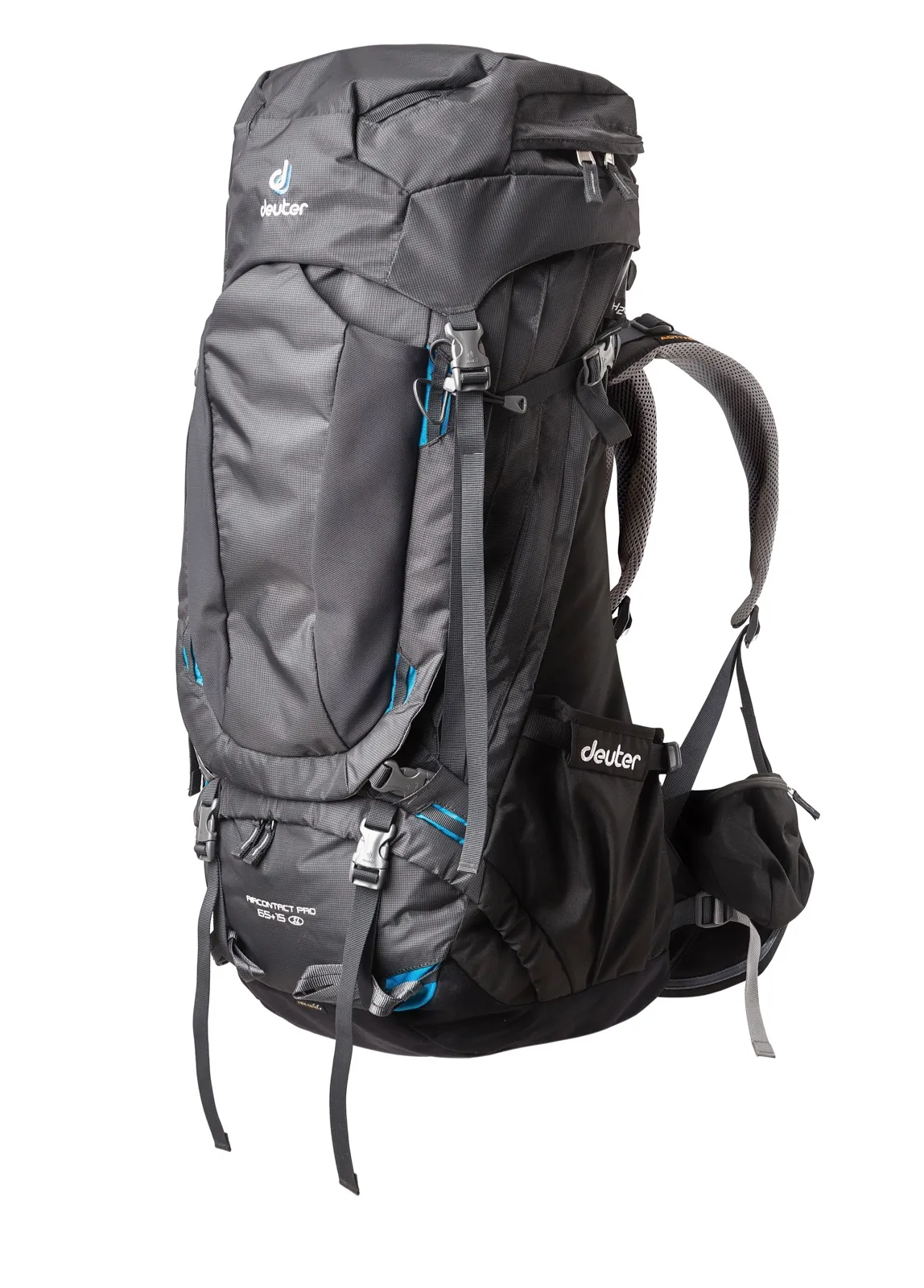
Backpack basics
Backpack – goes without saying! See our favourite hiking backpacks here.
Rain cover – most modern packs have an integral one, but if not they can be bought separately
Dry bags – few packs are waterproof, even with a rain cover. Only dry bags will keep your kit really dry.
Survival bag: if you have a mishap, it will keep you warm while you wait for help
Water reservoir: basically, a rubber, water-filled bag that fits in your backpack, with a long drinking tube so you can keep sipping on the move without stopping to fish out a water bottle. Also known as hydration systems.
Optional: Solar charging panel – attach to your pack to keep your devices charged
Optional: Solar lantern – Hang one on your pack during the day to keep its small solar panel charging the lantern's integral battery, ready for camp in the evening. Makers include Luci and Luminaid.
In easy reach
Some things you'll want to use on and off through the day... others you'll want to get to quickly in the event of an emergency. Either way, keep this stuff somewhere you can grab easily – in the pockets of your backpack belt, hanging from the shoulder harness, in the top pocket of your backpack, or at the top of the main compartment.
Water bottle: even if you have a water reservoir in your pack, a back-up is useful in the event of puncture
Sun lotion in a small tube
Insect repellent in a small tube
Vaseline for dry lips and to prevent chafing; in a small container
Hand cleanser: small 'travel' containers are available; or antiseptic wet wipes
Optional: Hiking poles – great for stability when carrying a load, but not everyone's cup of tea
Mobile phone: for emergencies
Waterproof phone case
Optional: Camera and waterproof case
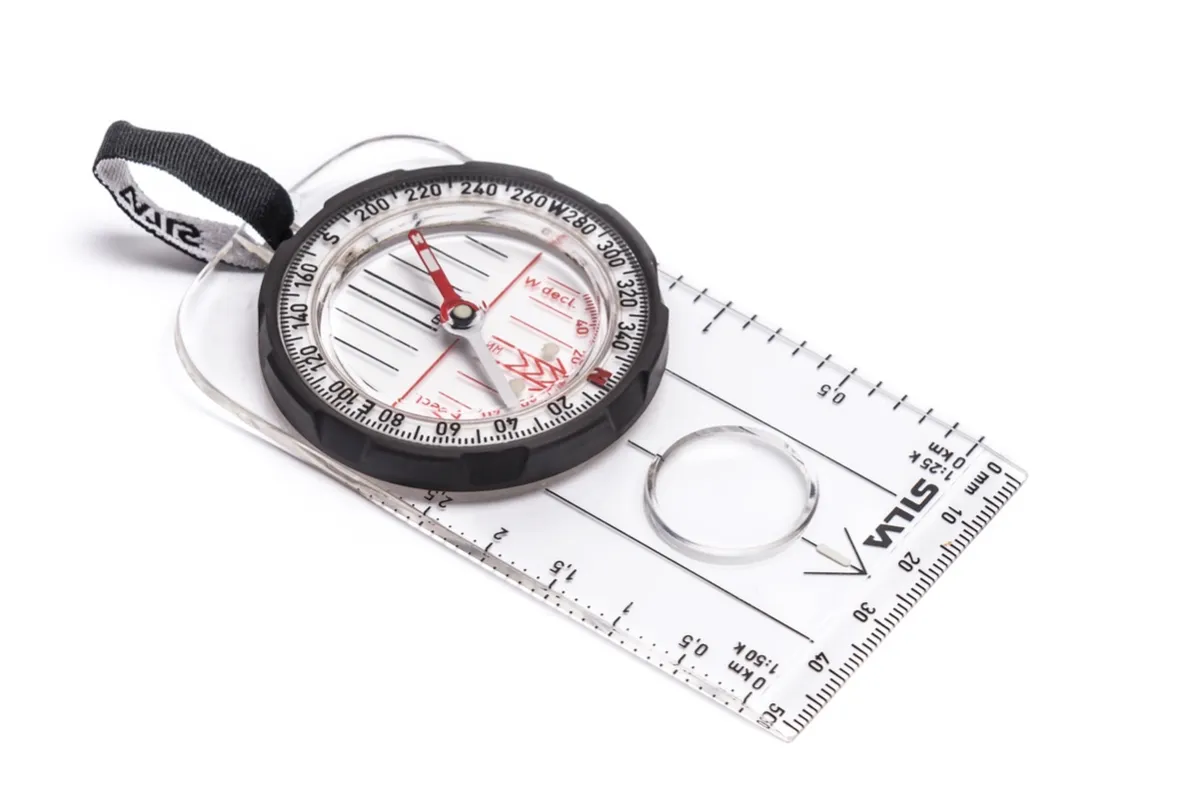
Map(s)
Waterproof map case
so your map won't dissolve in the rain - we've tested several waterproof map cases to find the best ones.
Compass
Optional: GPS device, with waterproof cover if needed
Optional: Guide book
Snacks including dried fruit and nuts
Sweets to keep sugar levels up
Optional: Energy gels – deliver a quick burst of vitality
Sunglasses and rigid case
Optional: Glasses and rigid case
Pen knife or multi-tool
Whistle in case of emergency. (Check your pack – some brands, such as Osprey, include one in the chest buckle.)
Optional: Midge-proof head net – essential for Highland trips in summer
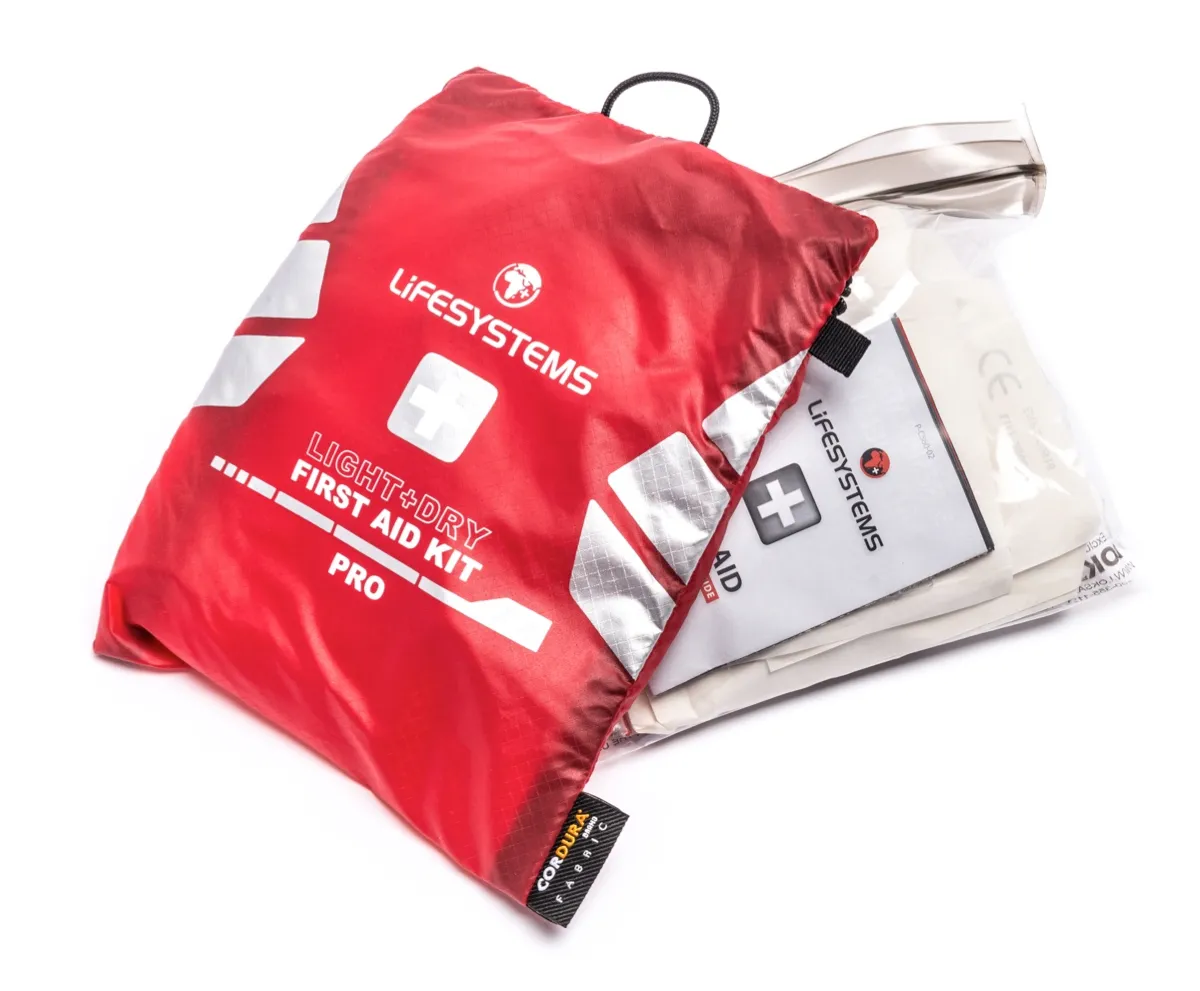
First aid kit
Paracetamol / ibuprofen
Blister plasters
Sting/bite cream
Optional: Tick remover
Optional: Essential medication if required
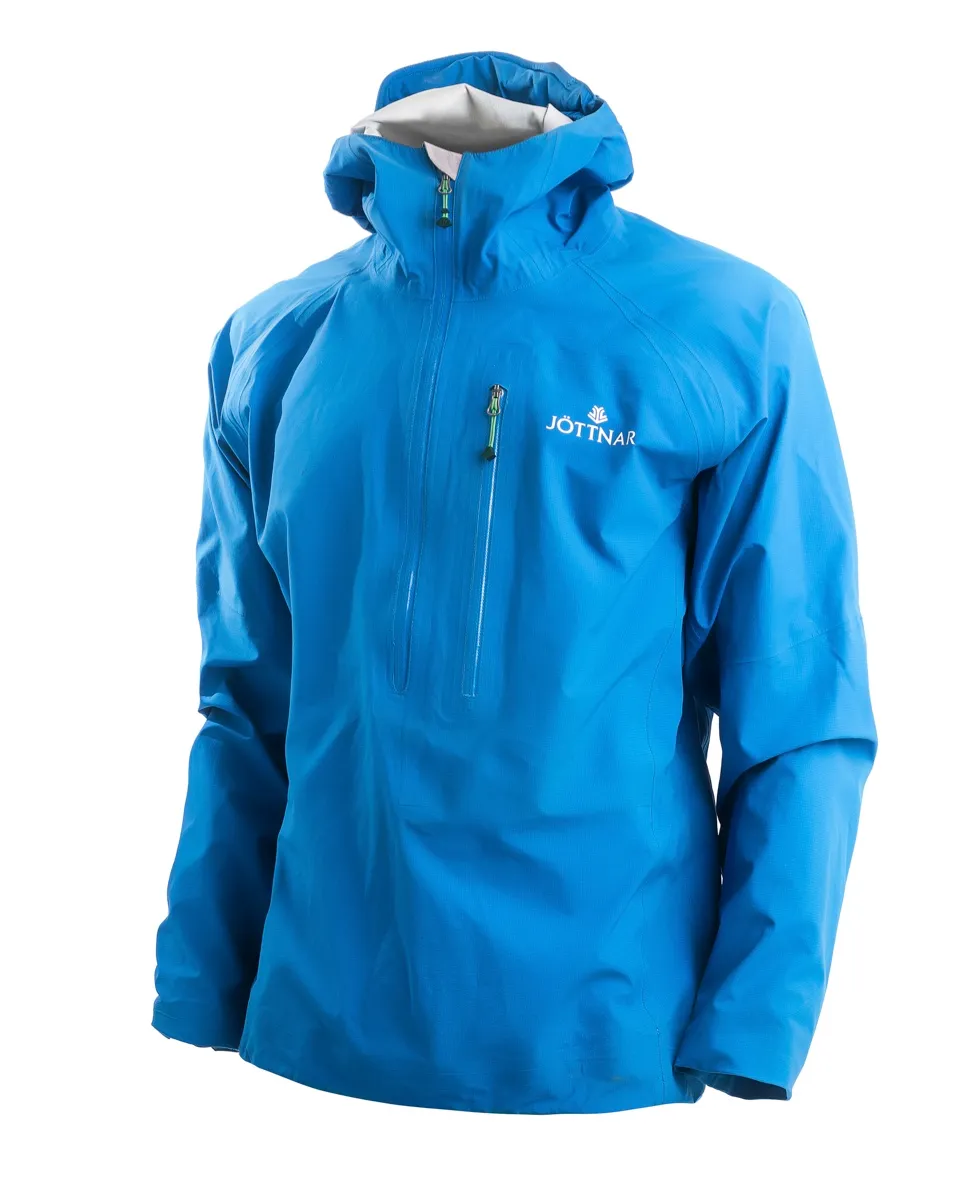
Rain jacket: best kept in an external pocket of your pack, where if wet it won't make your other kit damp
Waterproof over-trousers: likewise
Optional: Gaiters – for wet or windy days
Warm midlayer – eg fleece
Peaked hat to keep off sun and rain
Scarf to stop sun from burning your neck, or cold air creeping in
Optional: Waterproof gloves – because when its windy and wet and cool, the glorious UK summer can punish exposed hands, especially in the wildest parts of the country
Optional: Liner gloves. Thin gloves for chilly evenings, or as a heat boost beneath your waterpoof gloves
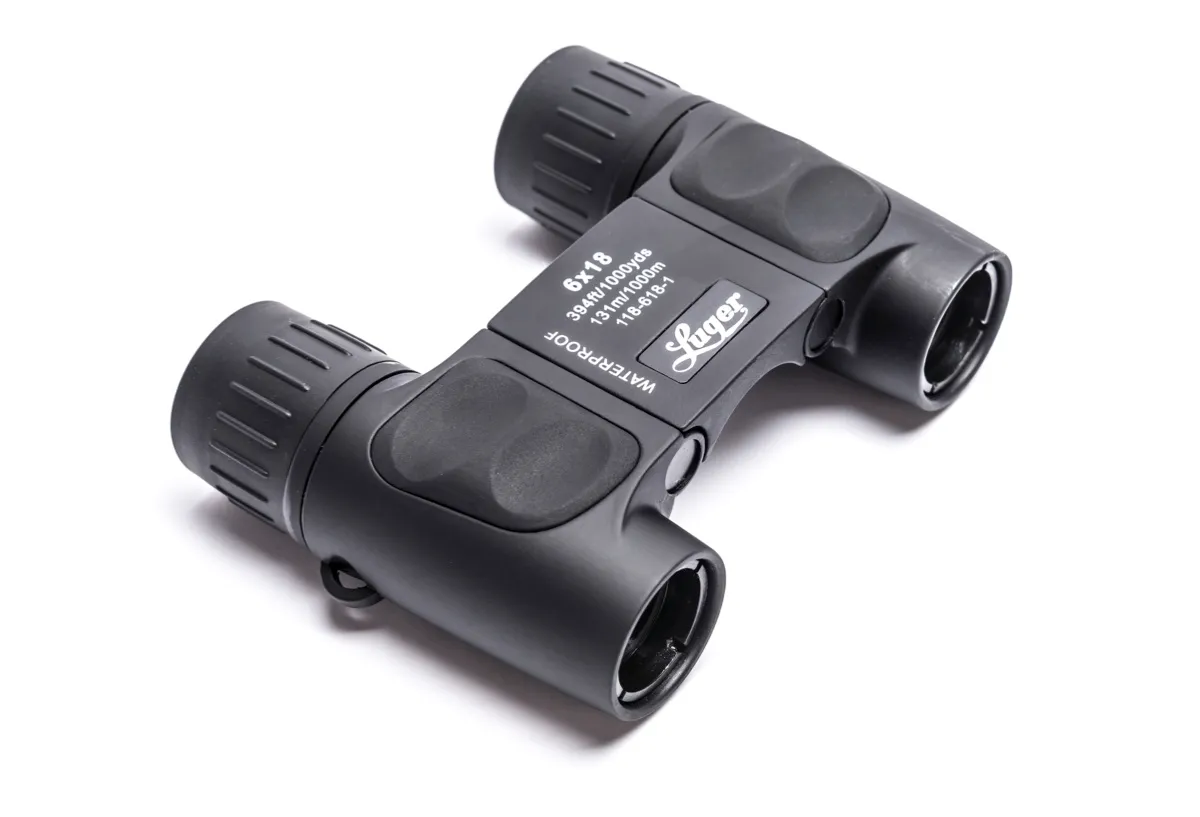
Optional: Compact binoculars / Scope to spot the way ahead, and to watch wildlife
Waterproof head torch – keep it handy in case you're still on the move when dark descends. A head torch is best – it leaves both hands free
Clothing
Convertible trousers – zip-off legs turn long trousers to shorts; alternatively, one pair shorts, one pair long trousers made of quick-drying fabric
Quick-drying base layer
Quick-drying underwear
Two pairs of merino wool hiking socks: always try to keep one pair dry
Optional: Spare waterproof gloves. Useful when your first pair are soaked
Optional: Warm hat – welcome on a cool summer night, especially if you are camping

Eat + drink
Spork or lightweight cutlery
Compact stove system – with combined burner and pot, eg MSR, Primus, JetBoil (see our review of Jetboil's Java Flash stove), Alpkit
Gas, + spare
Lighter or waterproof matches
Optional: Folding knife for food prep
Optional: Dish
Food of your choice: lightweight dried foods are best – cans are heavy and messy to carry once used.
Food box – stops your grub getting wet or squished
Optional: Dried trail meals – often expensive but light and compact
Rubbish bags to keep your pack in order
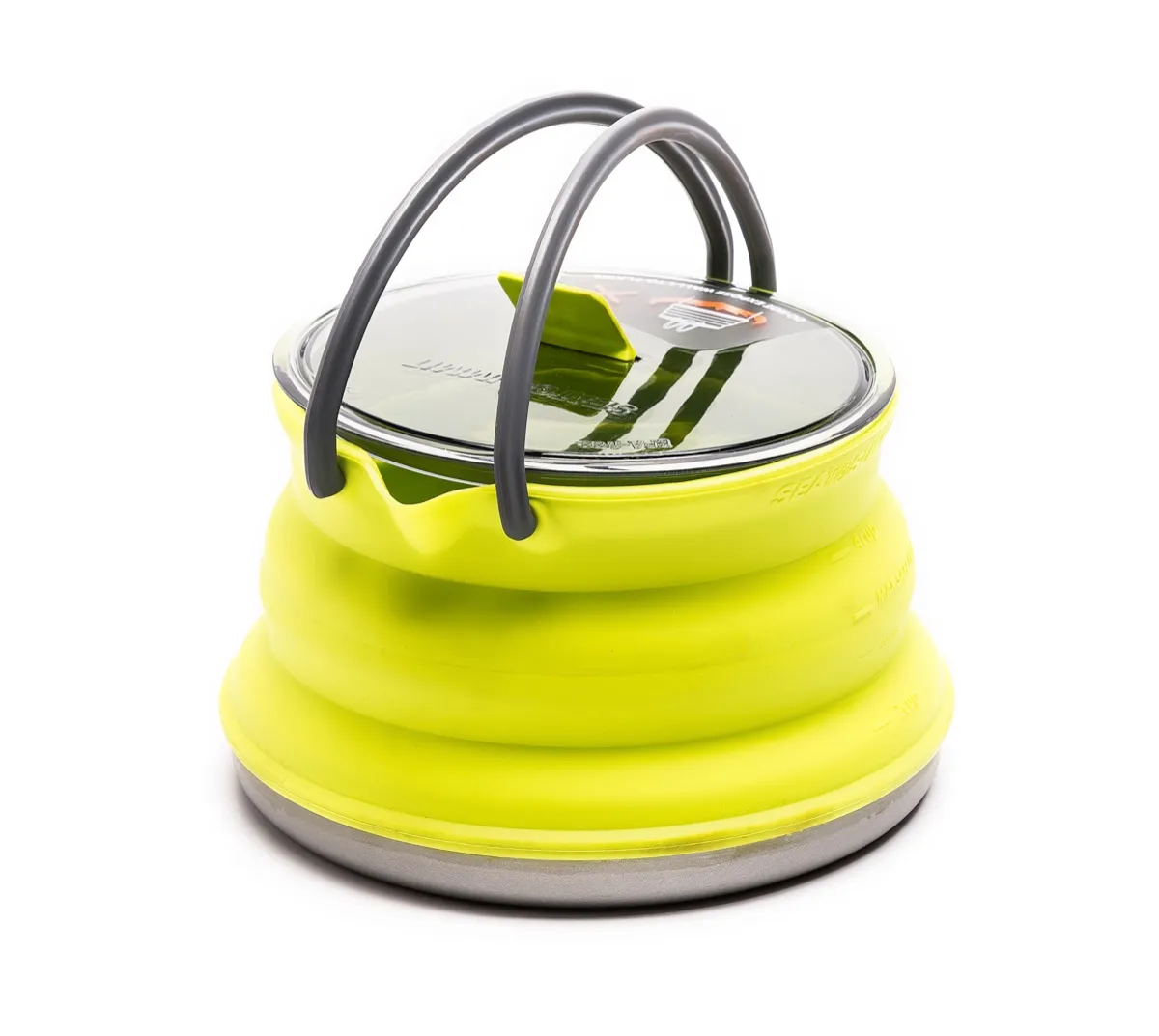
Optional: Kettle – eg collapsible
Water purification tablets or water filter – when tap water is not available
Mug
Tea/coffee
Hot chocolate
Packet soup
Powdered milk
Optional: Hip flask – for a warming tipple
Sprucing up
Wash bag or small stuff-sack for toiletries
Toothpaste
Toothbrush
Optional: Shower gel – in a small container
Optional: Eco-wash gel: Chose an eco-friendly product to wash with in wild areas – or you might inadvertently pollute streams
Optional: Tampons or sanitary pads
Optional: Deep Heat or similar feels unbelievably good on your feet after a long day's walk
Optional: Travel towel
Other toiletries – your choice ; )
Toilet roll
– in a waterproof bag
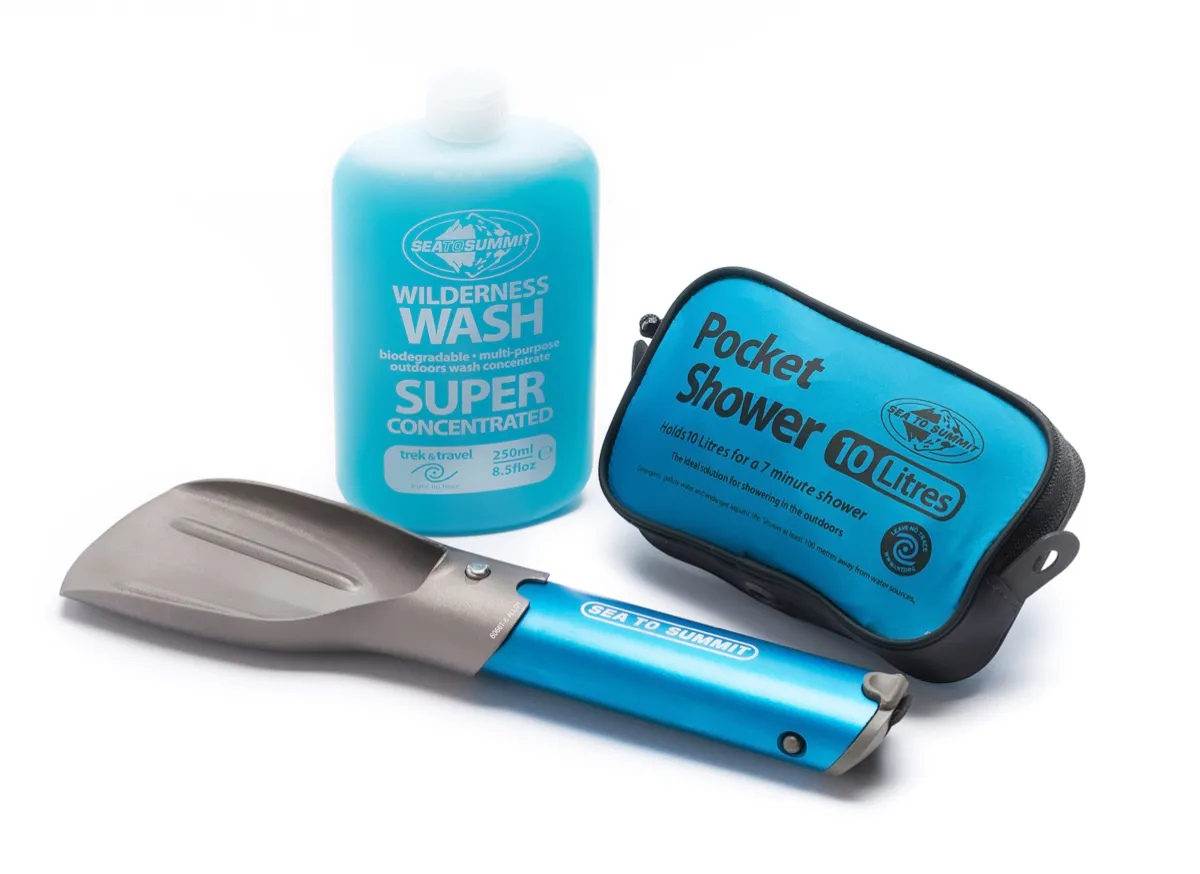
Optional: Trowel: in lieu of a loo. Essential if you want to leave no trace in wild areas. Lightweight trail trowels for trekkers are available from outdoor shops
Optional: Portable shower. Fill the bag with water and hang above your head for a gravity-fed shower
Optional: Travel wash – keep your clothes clean and fresh on a long journey
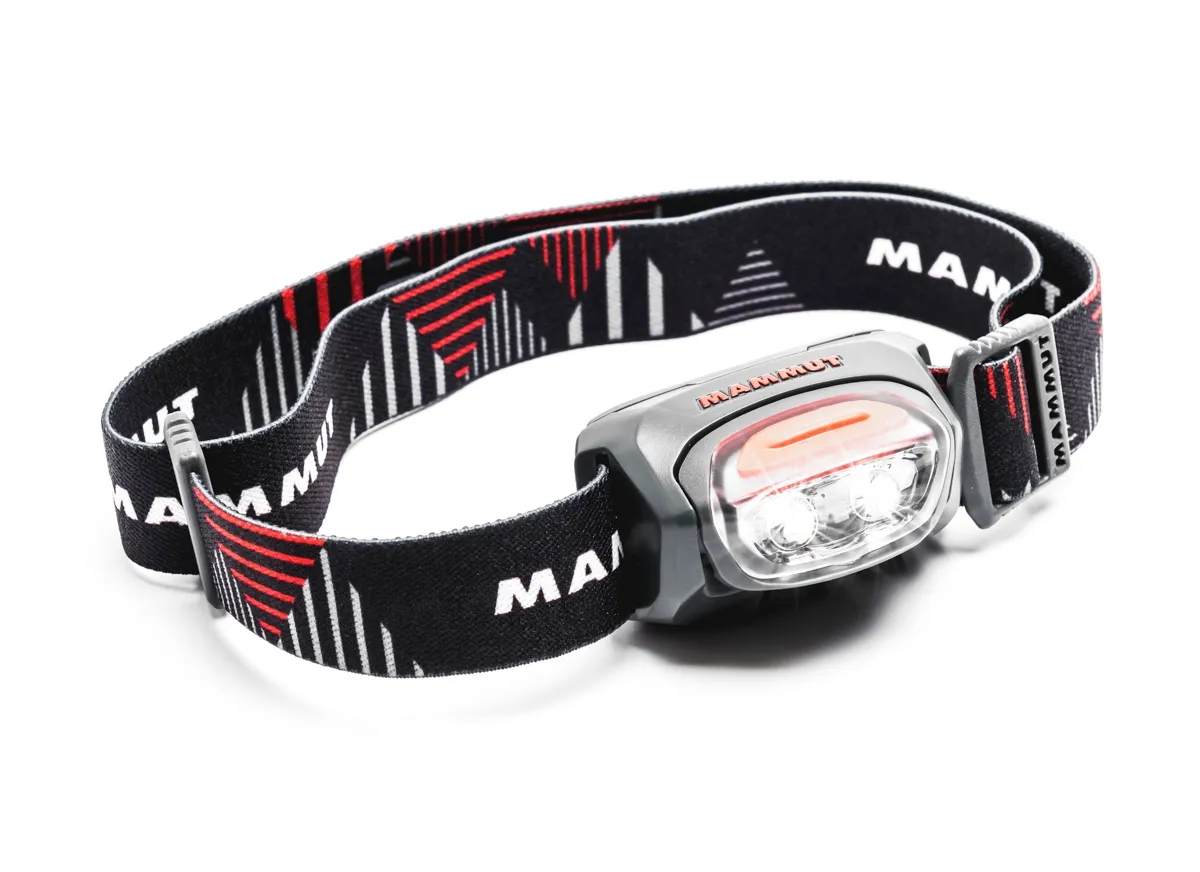
Light + power
Charging leads for phone, GPS device, headtorch, etc
Spare batteries for all your electrical devices, in a waterproof bag
Lightweight charger to top up your phone, GPS or rechargeable head torch
Optional: Spare head torch in case of breakage
Optional: Solar charger – to keep your various batteries topped up
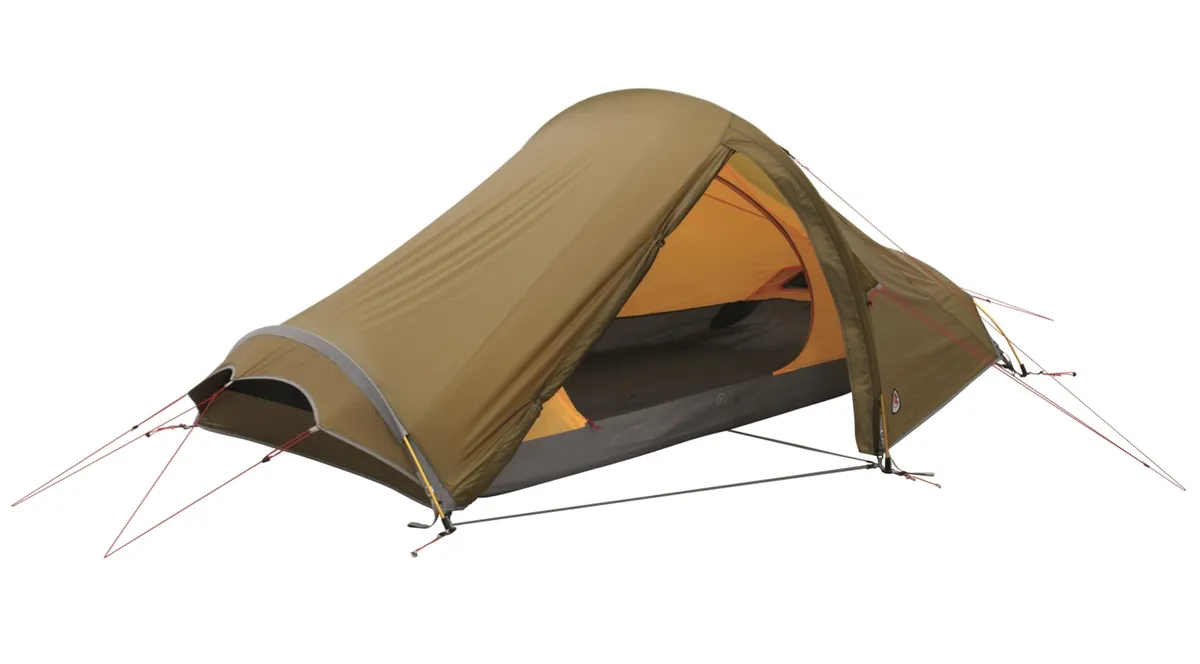
Shelter
Tent: as light as you can get
Optional: Ground sheet protector – peg out beneath your tent on rough ground to prevent punctures
Optional: Tarp – for shade and shelter – or even an alternative to a tent. Rig up using hiking poles, guys/parachute cord and a few pegs. Stretchy bungees are also useful in setting up a tarp shelter
Optional: Bivi bag – if you plan to sleep out without a tent, a waterproof bivi bag will protect you from rain or dew. Ideally, choose a breathable fabric to reduce condensation build-up inside
Optional: Hammock
Sleep
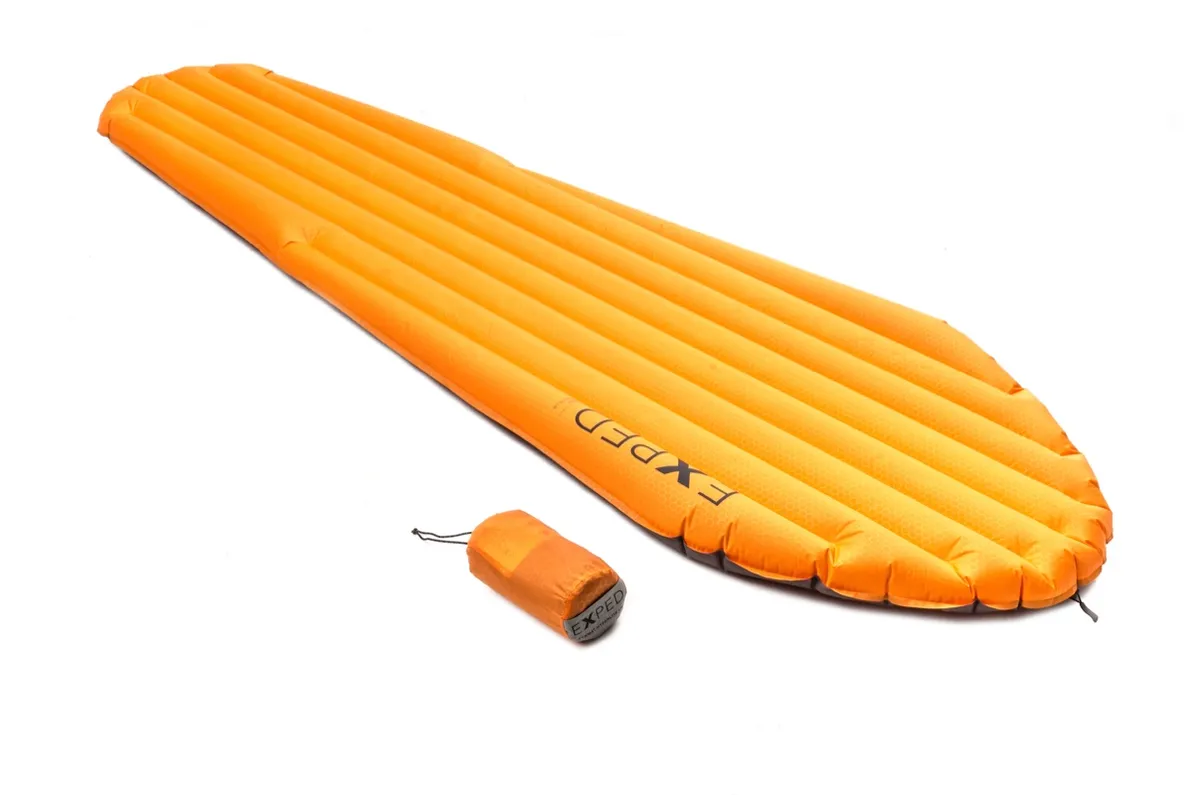
Sleeping bag – lightweight and compact if possible
Sleeping mat – inflatable or semi-inflatable, light and compact (see our favourites in our camping mat review round-up). Bring the puncture repair kit supplied when you bought it.
Optional: Sleeping bag liner – a washable silk liner keeps your sleeping bag clean, and is great on its own in hot weather
Optional: Inflatable pillow – because squashing a fleece in a spare stuff-sack is never quite as comfortable
Luxuries
Book
Headphones:
Listening to whale song can drown out the gale trying to push over your tent
Notebook and pens – for keeping your diary, sketching, etc
Playing cards – for those long evenings
Flip-flops or similar: feel good in camp after a long day in boots
Something to wear to bed: T-shirt, shorts...
Teddy bear for junior campers
Seat pad – weighs next to nothing and provides that little bit of comfort when you are resting on rocky or damp terrain
Lightweight chair – it's hard to find collapsible chairs that are small and light enough for backpacking, but the Helinox Chair Zero weighs just 488g and is great for lounging around in camp
Also...
Gaffer tape: versatile stuff for running repairs, or even – as a last resort – to bind over a badly blistered foot (if you do this, don't try to remove it – just let it come off of its own accord). You don't need a whole reel, just a few feet of it; wrap some around one of your hiking poles, or your food box, etc
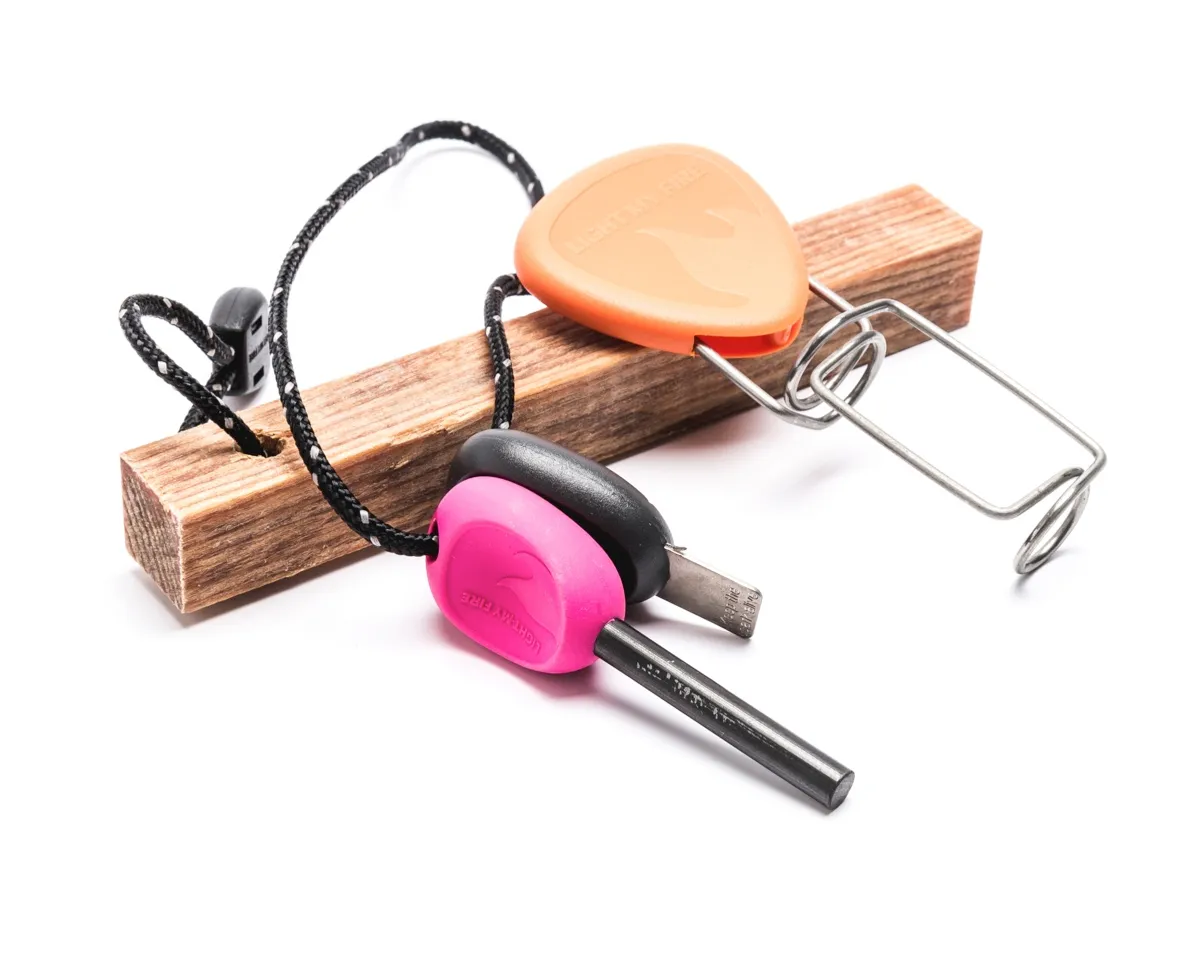
Finally: for campfires
Bearing in mind all the usual safety considerations on camp fires, the obligation to Leave No Trace, and having ensured you have permission of the landowner to light one... you might want to consider bringing the following:
Optional: Fire steel – for instant sparks, even in damp conditions
Optional: Kindling materials: eg cotton wool – kept safe in a tin, inside a dry-bag
Optional: Folding saw – to trim dead wood
Optional: Axe – to lop off wooden limbs, cut kindling etc. Lightweight versions are available but not always very functional
And that's it... I think!
Have I forgotten anything? Drop me an email and I'll add any forgotten essentials to the list ; )
Credits
BBC Countryfile Magazine's features editor Joe Pontin (hi!) wrote the words. Getty Images supplied the main image at the top, of the guy backpacking. Other images were mainly shot by Steve Sayers of Secret Studio; the remaining are product shots supplied by the manufacturers.